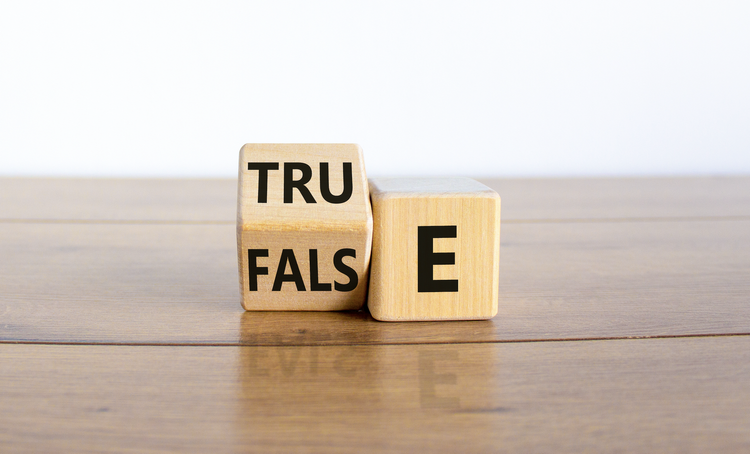Emotional Truth vs. Never Happened
by Brooke Warner
I’m curious to know if this statement rings true to you: Most memoirs are about 85 percent true.
James Frey, who was famously shamed by Oprah Winfrey for telling lies in his memoir, was interviewed in The New York Times earlier this month promoting his new novel and at least efforting to do a bit of a comeback tour.
I’m personally quite interested in this story, or subject rather, because I was one of the millions who read and loved A Million Little Pieces. When it came out that some of the facts and stories in that memoir* weren’t true, I didn’t know how to feel. I can’t say that I felt betrayed. That would be going too far. I watched the public shaming by Oprah (hard to find the original interview but here’s a story about it). At the time, in 2006, it truly was a national book publishing event. So much so that my entire office (I was working at Seal Press at the time) went home early from work to catch The Oprah Show live.
Times have changed—a lot. It’s been twenty years since A Million Little Pieces was published, and now writers are blurring the lines between memoir and fiction every which way—without shame, with abandon, without consequence.
Personally, I have mixed feelings about the degree to which we’ve embraced the blurring of the lines. My mixed feelings stem in part from James Frey, no joke. I was just five years into my publishing career when this controversy went down. A year later, in 2007, another popular memoir, Three Cups of Tea, turned out to be largely falsified. This was a far worse story because Greg Mortenson, the coauthor and subject of the book, lied about or embellished facts in a memoir that had to do with his commitment to education in Northern Pakistan and Afghanistan. By contrast, Frey just lied about or embellished stories that only had to do with his personal experience. (Oliver Relin, the coauthor of Three Cups of Tea, committed suicide in 2012 as a result of the public fallout of this book, so we’re looking back at stories with tragic real-life consequences.)
These two books ushered in an era of what Linda Joy Myers (with whom I teach a six-month memoir course) and I used to call The Memoir Police. Writers were terrified about getting it right. There was a lot of fear among memoirists I worked with—for years and years—that if they didn’t tell the whole truth and nothing but the truth (and who exactly remembers all the details anyway?), they’d end up on Oprah’s couch being called a liar for all the world to see.
Well, times have changed, and I can’t even say for better or for worse. Certainly, we live in a post-truth world where our politics are concerned. Where memoir is concerned, the freedom to write the story you want to write (perhaps acknowledging or aligning with the reality that what any one of us can write is about 85% true) seems to me a good thing.
That said, it’s important to note that the great Mary Karr did tackle this topic in her book, The Art of Memoir. I’ll paraphrase here, but the gist of her message is that there’s a difference between recreating what “would have” or “could have” been and outright lying.
One of the scenes that Frey got in trouble for was the one in which he claimed to have had two root canals without anesthesia. Well, a lot of people called bullshit on that—and they were right. The truth might have been that Frey got the root canals. The lie was (and he confessed to this) that he did it without anesthesia. And look, I’ve had root canals—two of them—and I remember that I was drugged. It’s kind of like remembering whether or not you had a Cesarean vs natural childbirth. You do remember. Hard stop.
All of this is to say that I hope, for memoir’s sake, that Truth (with a capital T) continues to matter. No, you’re not going to remember everything, but yes, you know when you’re lying. We may be living in a post-truth world, and yes, you have autofiction to lean into. But I am a believer in the power of memoir as a vehicle for articulating the truth of what the author remembers, knows to be true (even if it’s would have/could have been true), but not as a vehicle for housing outright untruths.
I forgive James Frey, but I also worry that his comeback tour (along with the bizarro and frustrating post-truth world we’re living in) dilutes this important and not-difficult-to-grasp nuance between facts (what happened or didn’t happen) and “emotional truth” (what likely happened or could have happened). No, you’re not going to remember all the facts, for sure, but you know in your bones whether something resonates as “true.” I trust that most of us understand the difference, and here at Memoir Nation, we’re siding with Mary Karr on this nuance. You can write what “would have been” true (emotional truth), and you can refrain from inventing stories you know never happened. And if you can’t stop yourself from doing the latter, you can call it autofiction.
*In the recent NYT piece, Frey claims that he was writing autofiction before that word existed.

